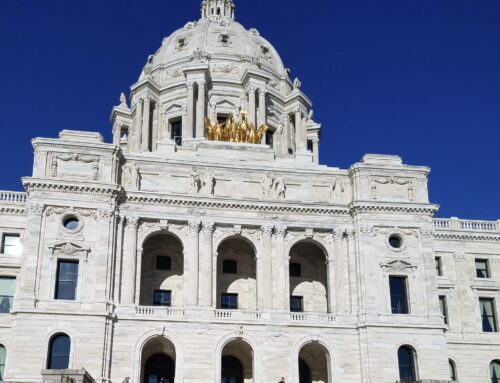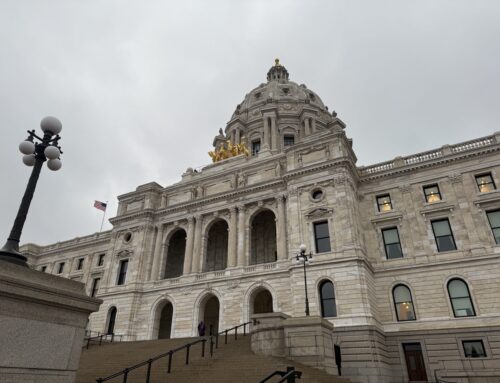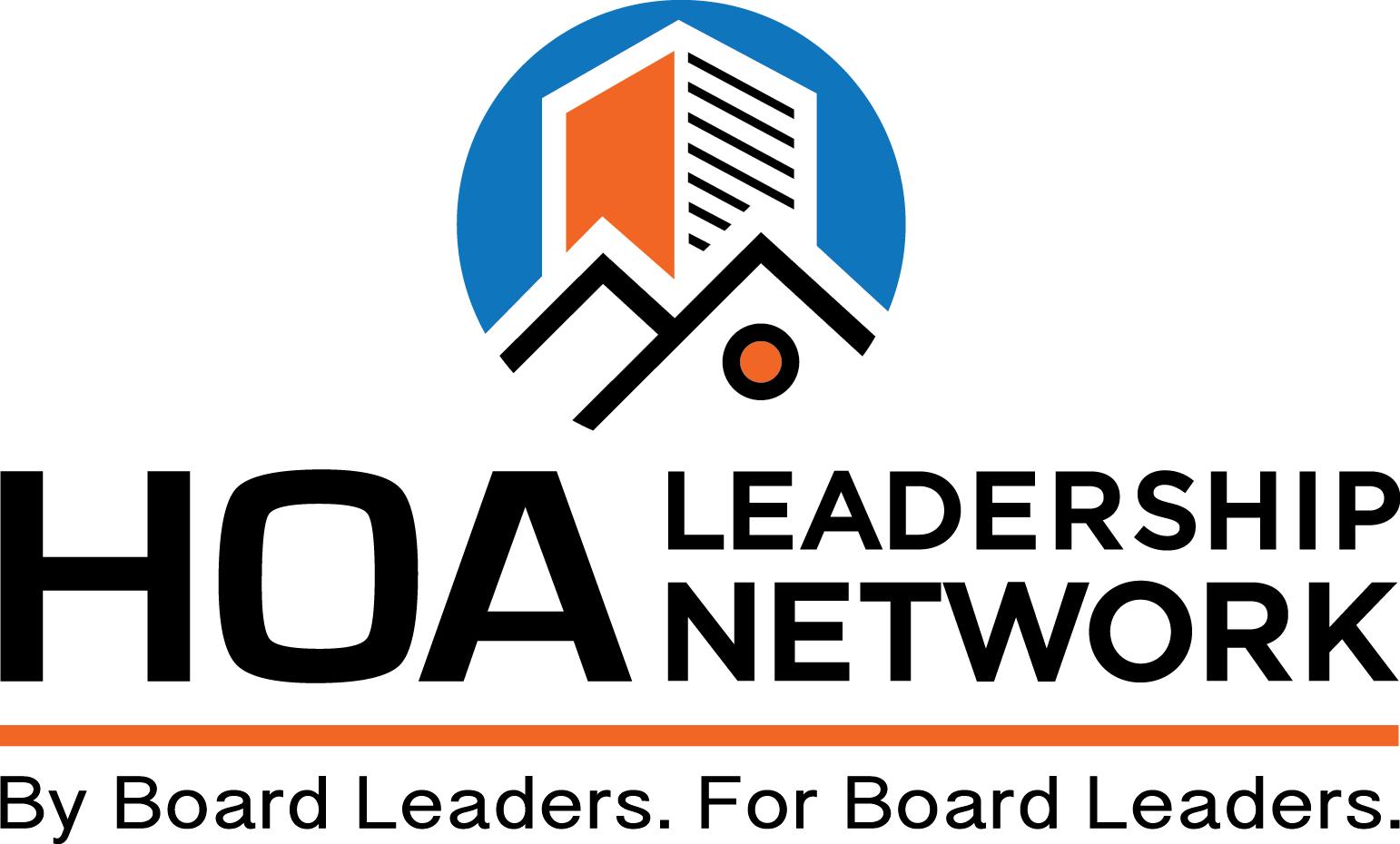Hot off the press. We just received this from SJJ Law, namely Finn Jacobsen, one of our great sponsors and supporters of the HOA Leadership Network. Lots of tweaks and a few bigger changes made to the HOA reform legislation coursing through the MN Senate. Even with two weeks to go in the session, there’s a lot of road to go.
There was apparently some controversy. Several senators on both sides of the aisle were loud about how the legislation is not ready for prime time. Amendments were offered to address various issues and some were adopted, but many of them were not. the legislative session ends May 19.
We’re passing along the summary of changes from Finn below:
Good afternoon,
The Minnesota Senate convened today to debate and vote on SF 1750, a bill that, along with its Minnesota House companion, HF 1268, proposes significant amendments to the Minnesota Common Interest Ownership Act (MCIOA).
The Minnesota [Senate] voted in favor of SF 1750, passing the bill. SJJ Law’s own Tyler Ebert was live in the Minnesota Senate Chambers to provide timely updates.
One of the bill’s primary authors, Erick Lucero (30, R) began by introducing a substantial “delete all” amendment which rewrote significant portions of the bill in response to feedback from unit owners, board members, and other community association advocates. This amendment passed and changed the following:
– The “meet and confer” requirement has been meaningfully relaxed. Associations must now simply notify unit owners of their right to meet and confer before beginning collection or enforcement action. If an owner fails to respond within 30 days, the association may proceed. This replaces the original mandatory conference process that would have required direct participation from a board member.
– Unit owners would still get the power to revoke association bylaws or rules but now would need to exercise those powers through a process better aligned with existing MCIOA procedures: 20% of unit owners must request a special meeting, and a majority of all unit owners—not just those present—must vote to repeal.
– Attorney fee caps have been removed as have most restrictions on the ability to assess back attorney fees to individual units. Associations can now recover actual legal fees with narrow exceptions.
– Late fees are capped at the greater of $15 or 5% of the late fee regardless of whether it is a regular assessment or a special assessment. This change represents a meaningful change from the original caps of $15 on late regular assessments and the lesser of 5% or $100 on special assessments.
– In the event that foreclosure is necessary, associations can again include certain fines in their lien amounts where the violation involves repeat conduct tied to health or safety risks, physical damage, or unauthorized rentals.
– The actual threshold and timeline on which foreclosure can occur is now tiered: for units with monthly assessments of $500 or less, foreclosure may begin once the balance exceeds $1,500 or remains unpaid for 120 days; for units with higher assessments, the threshold rises to $2,500. This is compared to an original threshold of $5,000 or more which needed to be outstanding for 120 days or more.
– Management company fee caps were removed. In their place, the bill adds disclosure rules for both management and board members, bans inducements to secure contracts, and requires at least three bids for services over $50,000. Exceptions apply for emergency work, warranty obligations, or when only one vendor is reasonably available.
After these block amendments were introduced, a series of six (6) floor amendments were introduced with three (3) securing enough votes to pass:
– Local governments would no longer be allowed to require the creation of a HOA as a condition for approving residential development projects. Cities, counties, and other local entities also cannot dictate the contents of HOA governing documents or require rules to be adopted or repealed unless specifically requested by the developer. Similar language was removed from an earlier version of SF 1750, but the new amendment includes exemptions allowing continue municipal mandates around maintenance and insurance of common elements and easements to public infrastructure.
– Associations may still charge for furnishing documents required in connection with a unit sale, but that fee is now capped at $150.
– A proposed provision that would have treated silence from a mortgage lender as implied consent to dissolve a common interest community has been removed. Associations will still need to obtain affirmative consent from first mortgagees before proceeding with dissolution if common elements are involved.
Now that SF 1750 has passed the Senate, its path forward remains uncertain. With less than two weeks left in the legislative session—which ends May 19—the Legislature still must finalize major items, including the state’s budget and tax bills. The House version of the legislation, which now differs substantially from the Senate’s amended bill, was last referred to the House Commerce Finance and Policy Committee back in March 2025, where it has not advanced since.
One Comment
Comments are closed.





We need an amendment that would allow HOAs to opt out of all or part of this legislation based on a supermajority vote. Small HOAs with all-volunteer Boards do not have the talent or resources to run their HOA like a country or municipality.